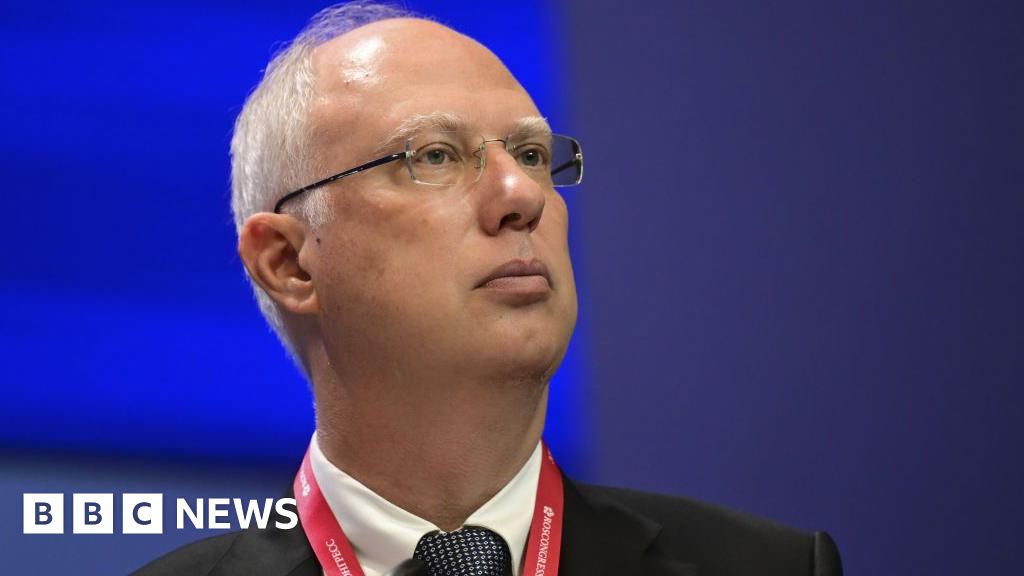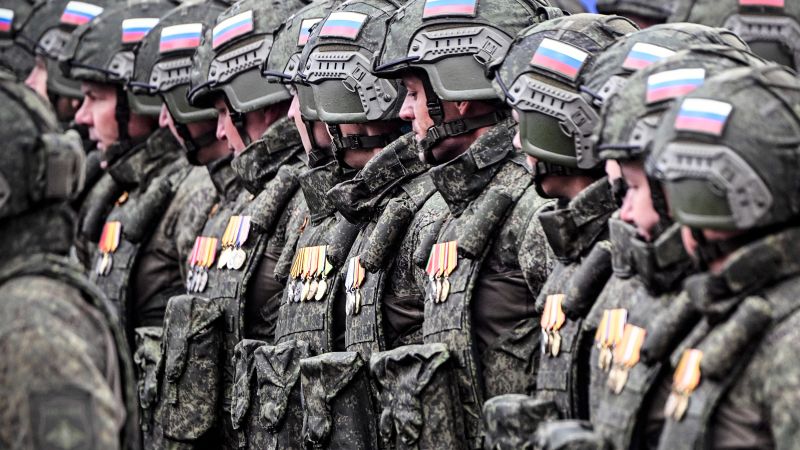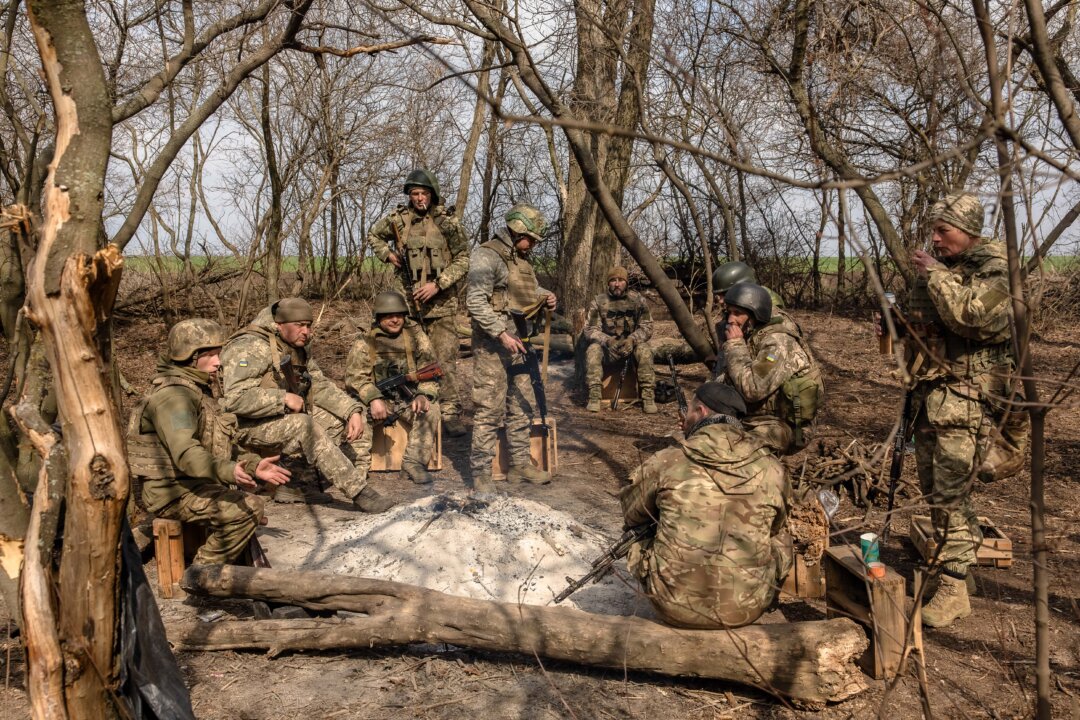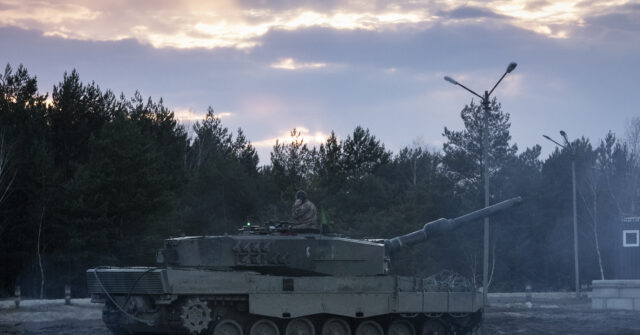Tensions Rise in Eastern Europe as Cyberattacks and Military Mobilizations Escalate
Polish Prime Minister blames cyberattacks on Russia amid mobilization of Russian troops and electoral tensions in Poland ahead of presidential elections.
Overview
As the war in Ukraine continues, Russian President Putin has mobilized an additional 160,000 men for service, raising troop levels to 1.5 million. Concurrently, Polish Prime Minister Donald Tusk reported a cyberattack targeting his Civic Platform party, suggesting possible Russian interference ahead of the May 18 presidential election. Tensions rise as Russia and Ukraine exchange accusations of violating an energy truce, complicating peace efforts. Furthermore, over 100,000 Russian military personnel have reportedly died since the invasion began, highlighting the ongoing casualties of the conflict.
Report issue

Read both sides in 5 minutes each day
Analysis
- The Polish Prime Minister's assertion of a cyberattack on his party emphasizes the ongoing threat of foreign interference in democratic processes, which should be monitored closely in the lead-up to elections.
- Tusk’s comments highlight the intersections of cyber security and electoral integrity, and indicate a need for increased collaboration between security agencies and political parties to prevent such attacks in the future.
- With the upcoming presidential election, the involvement of sensitive geopolitical factors, such as potential Russian interference, necessitates greater awareness and transparency in political campaigns.
Articles (10)
Center (3)
FAQ
No FAQs available for this story.
History
- 7M

 4 articles
4 articles




